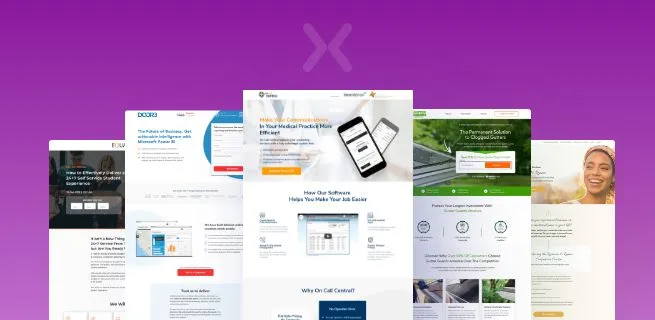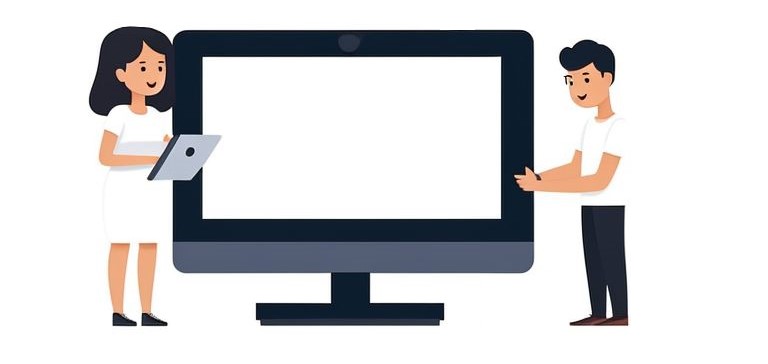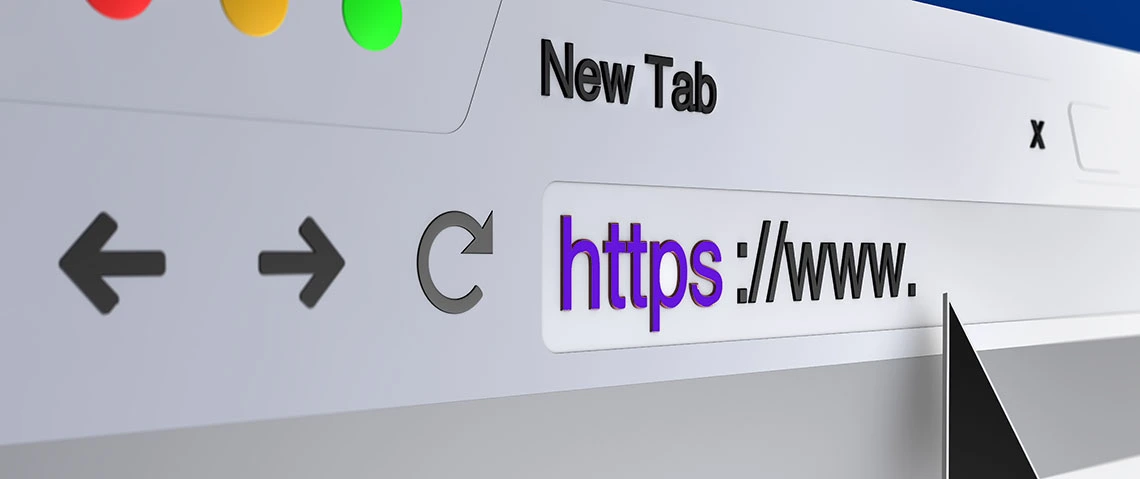
How long does it take to build a website
Learn about the factors that should be taken into consideration in estimating the build time for any website project
When it comes to building your website, just like any other constructive project, you should prepare yourself for estimates. The length of time used to develop your site depends on what type of site is to be built, the size and the skills available for the development processes.
Website Type and Size
 It goes without saying that the timeline for building a Skyscraper is different from a 5 story building which in turn is also different from a 1 story facility spanning 10 acres. With a similar nature is the timeline for building a website. A lot is going to depend on the scale and scope of your project.
It goes without saying that the timeline for building a Skyscraper is different from a 5 story building which in turn is also different from a 1 story facility spanning 10 acres. With a similar nature is the timeline for building a website. A lot is going to depend on the scale and scope of your project.
Simple Websites
Simple websites, such as basic informational sites for businesses, portfolios and other straightforward websites, typically require less time to develop. These are sites with lower complexity, content and customizations.
These projects may take anywhere from a few days to a couple of weeks to complete all other things being equal.
Medium Scale Websites
Websites with additional content - like a lot of individual webpages - and features like e-commerce functionality, user authentication systems, or integration with third-party services fall into this category. Sites like these require a more thought out development process and in some cases will have some redesigns that will lengthen the time.
Developing such a site may take several weeks to a few months, considering the complexity and features.
Large Scale Websites
Complex web applications, enterprise-level portals, platforms with intricate functionality and extensive backend systems represent large-scale projects. Building these sites are generally long-term endeavors. For sites like these, companies usually elect to have an in house team of developers to handle the project.
The estimated time for a site like this is largely going to depend on the vision and the skills of the developers.
Skills Available for Development
 You can take different paths to get your website. You can decide to Do It Yourself(DIY) with a website builder or hire a developer or an agency. Regardless of which path you choose, you will still have to go through the following development steps.
You can take different paths to get your website. You can decide to Do It Yourself(DIY) with a website builder or hire a developer or an agency. Regardless of which path you choose, you will still have to go through the following development steps.
- Planning
- Content Creation
- Development
- Review and Testing
Planning
Planning is very important. For example, you’ve made 5 million dollars and want to build a mansion. Well this is a pretty straight forward purpose and self-explanatory right? Wrong. How many swimming pools do you want? How big should the garage be? What color should we paint the house? Do you want the master bedroom towards the east facing the sunrise or towards the west facing the sunset? All these questions and more will require you to smooth out the fine details of your project.
So to estimate the build time for your website, you would do well to ask yourself how clear your vision for the final product is. What is the purpose (advertising, selling products, engaging people etc) of the site? Who are your target audience? What features would you like to have? etc. Only after getting a clear picture would it be advisable to continue to the next stage.
The time taken for this stage will depend on you, your developer or agency and the amount of skill and experience available. This period can last a day to a week.
Content Creation
Content is king. Content includes the text, images and video elements of the website. If content is ready, you can move on to the next stage, but if there is a delay in content provision or content now has to be thought of, revised and integrated, you can expect extra time.
For example, if you want to make an ecommerce store you should have pictures of your product ready, their descriptions, category and other content available. If not, well, that’s more development time.
Development
It’s time to start building and only two things matter, skills and experience. No more needs to be said.
Review and Testing
After development the site needs to be tested, were there any mistakes during development? Are things working the way they should? Are there minor changes to be made?
It also includes having people test the site, getting feedback, and improving based on said feedback.
Conclusion
In conclusion, while it’s tempting to focus solely on the finish line, understanding and embracing the nuances of website development will result in a more successful and impactful online presence. Work closely with your development team, set realistic expectations, and remember: quality often takes time.

